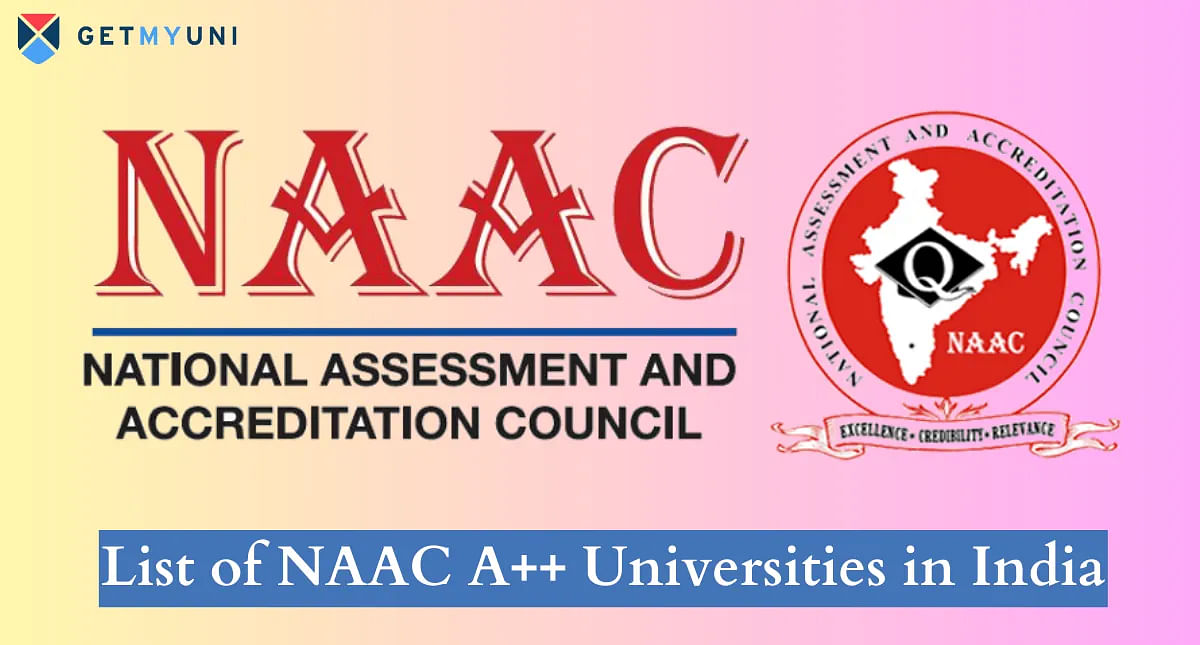Learn how to study for exams with the help of detailed guide given here. Know about the most common challenges students face during the preparation and how to tackle them.
Table of Contents
E-X-A-M
A four-letter word that sends shivers down the spine even for the brainiest of people on the planet. They have been a part of our society since eons. But, what is it that makes us so scared of exams? Is it the fear of being judged by others or by ourselves?
The process of studying and preparing ourselves for exams is not rocket science, but it requires dedication, consistency, and hard work along with smart work.
Let's take a look at what you can do to ace these challenges.
1. Setting up a Calendar
Mark all your exam dates on a calendar. Maintaining a physical calendar is much better than managing a mobile calendar. Use a separate sheet of paper or chart to mark the number of days left until your first exam. Keep striking it off everyday until D-Day, i.e. the day of your exam.
2. Time Management and Prioritization
In a fast-evolving world, time management is essential. Smart work is as important as hard work and to facilitate this- time management and prioritization is crucial. You can prioritize your study schedule based on question papers from previous years, your knowledge about the subject, or the topic, and its importance.
Also, it is advisable to switch subjects and topics every 3 to 4 hours as it will increase your mind’s ability to grasp more. It will result in more productivity in a shorter span of time.
3. Study Space
For candidates preparing for exams, it is advisable to sit upright on a chair and table. This way, they can organize all the essential items that will help them study effectively; their books, their study lamp (for proper lighting), a calendar, and a clock in front of them.
You can arrange the furniture near a window, or open the window itself if setting your arrangements up near the window is not possible. Fresh air makes us livelier.
4. Making Notes
Keep making hand-written notes as it helps us in remembering more. They can be written in the form of bullet points or short sentences. These are also very helpful during the revision process, a day or two before the actual exam.
5. Mock Tests and Exams
For each exam, several mock tests are available both online, as well as offline modes. To get a better understanding of the exam, it is advised that you solve question papers from previous years.
6. Multitasking
Multitasking is an asset to have while doing a job. However, multitasking while studying can hamper or affect our studies negatively. It is essential to be focused while preparing for an exam. In case you have the urge to check social media or watch videos, take a few minutes off from studying. Additionally, avoid eating while studying; make sure you do it before you begin because you will not be able to focus if you are on an empty stomach.
7. Take a Break
To ensure that all the information is settled (in your brain), take small breaks of 5 to 10 minutes after every 45 to 50 minutes of focused study. Utilize this time to stretch your legs and back. You can also get yourself a small snack during the break.
8. Sleep Time
For candidates preparing for exams, an eight-hour sleep cycle is essential. Make sure your room is well-ventilated, as it helps maintain your blood oxygen levels and ensures that you wake up fresh.
Candidates are also advised to take power naps during the day in case they experience fatigue. It is also very helpful in enhancing productivity and helps you grasp more information.
9. Eating Right
Avoid eating junk food. It has a lot of unhealthy carbs and high sugar content. Opt for greens and more fibrous diets during exam season. Drink plenty of water and stay hydrated.
10. The day before the exam
Make sure you sleep early a day before your exam. Do not try to learn new theories and concepts as it might leave you more confused. Also, do not study till the last moment, i.e. a few moments before the exam. It is advisable to stop studying at least 6 hours before going to bed. You should relax your brain, however, refrain from watching movies or going to a party. You can also utilize this time to read and understand the instructions for the exam.
Ensure that you reach the exam hall on time and look for your station rather than running around at the last moment. Do not forget to carry the documents mentioned on the admit card for your exam.
Preparing and studying for exams might look difficult, but the fact is, it is actually not that difficult. It is like developing a healthy habit that we need to maintain in our lives to be successful. Studying for exams requires a lot of discipline, grit and sacrifices, but being successful will deliver the joy that cannot be sufficed in any other form.























POST YOUR COMMENT